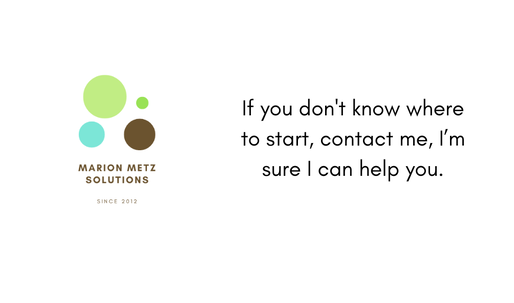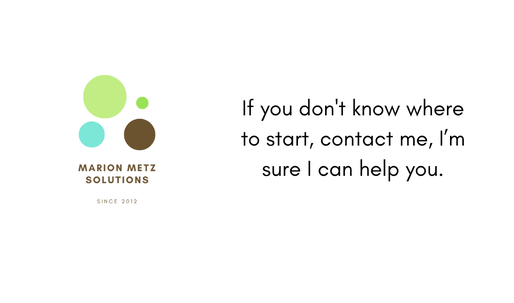|
We all understand that as business owners we need to have a website for our business. Sometimes this is part of a very clear marketing strategy, other times it’s a vague understanding that people are searching for goods and services online, and therefore we need to be out there – wherever “there” is. Here are some tips to get the most out of your website. 1. Have clear calls to action A call to action is where you tell your customers what you want them to do. Maybe you want them to phone you, buy your product or service, or subscribe to your newsletter. You will need to decide what your most important lead type is, and then add clear calls to it throughout your website content. 2. Optimise your website for search engines Also called Search Engine Optimisation (SEO). Now that you have a professional website with a clear message, clear calls to action and it’s displaying nicely on all devices, you want your website to start ranking in search engines. This means when someone types a search query relevant to your business into Google – for me this might be Business Balance: Systems for Success for example – your business comes up in the search results. You want to aim to have your website within the first couple search results, but definitely on the first page. 3. Set up statistics and conversion tracking As part of your digital marketing strategy, it is vitally important that you track and measure. Google offers some free to use tools, including Google Analytics for statistics tracking and Google Tag Manager so that you can set up and track conversions. You will need to install your Facebook Pixel as well. Statistics might help you understand what your customers are doing on your website, how long they spend on it, where they are coming from, what pages they look at, and more. Conversion tracking will help you understand which marketing strategies are working for you. Don’t spend a dime on marketing your website until you have statistics and conversion tracking in place. 4. Use proper grammar (my favourite😊)
If you came across a website that had poor grammar, spelling errors, punctuation errors, or was just plain hard to read, how would you feel about doing business with that company? Would it make you feel confident that their products and services were top notch? Or would you question that their services or products might be as poorly done as their website text? It is not hard to put your text into a spell checker – some website builders even have a built-in spell checker. If you use the Flesch-Kincaid readability score this could help you determine if your content is easy to read. We all make mistakes, of course, but we should aim for perfect grammar!
0 Comments
I think we all know how it goes: We have two (or more) tasks that are technically possible to do at the same time. So why not do them both? Well, let's have a closer look! What is multitasking? We mostly think of multitasking as doing two or more tasks simultaneously. But because the human brain is very limited in how much we can truly do at one time, this is not true. Multitasking is the practice of switching rapidly from one task to another - and we’re not as good at it as we think. Multitasking can cause people to lose track of what they’ve done, which ultimately results in longer task completion time. Studies show that once a task is interrupted, it takes significantly longer to complete- even if the interruption is brief. Is it good to multitask? The short answer is no. Multitasking can be detrimental to both our productivity and our overall well-being. We are less productive, we feel more stressed, we feel anxious, impatient, and irritable. There are some things we can do simultaneously though, i.e. listening to a podcast while doing the dishes, this can even motivate you. When the task at hand requires a quick reaction time or close attention, multitasking can be fatal, i.e. driving a car and using a cell phone. Only one task at a time?
There are many positive effects of “single-tasking”. 1. Less stressful Our brain wasn’t designed to work on more than one task at a time, and it’s happier when it doesn’t have to. Once we get past the fear that we’re not being productive enough, we’ll find ourselves enjoying the single-minded attention. 2. Builds momentum When we focus on one thing at a time, we tend to complete tasks much faster. Plus, as we all know, the real win isn’t getting the task done, but crossing it off our list. Be honest, is there anything more satisfying than that? 3. Higher quality output When we give our attention to one task, we tend to make less mistakes. This decrease in errors comes with shorter completion times and a higher chance of getting into a flow state. 4. Strengthens focus Every time we successfully resist the urge to check our cell phone or start a new project, we strengthen your ability to focus. This habit pays off, like it can boost our creativity and our satisfaction with the work you do. |
Details
AuthorHi, I am Marion of Marion Metz Solutions Archives
July 2024
Categories
All
|
Find the Terms and Conditions and the Privacy Policy for this website here


 RSS Feed
RSS Feed

